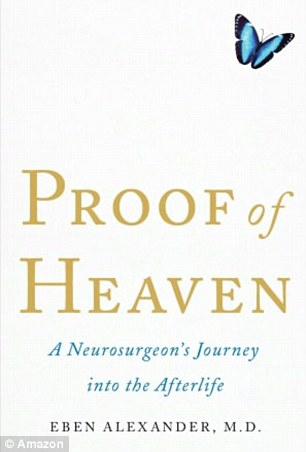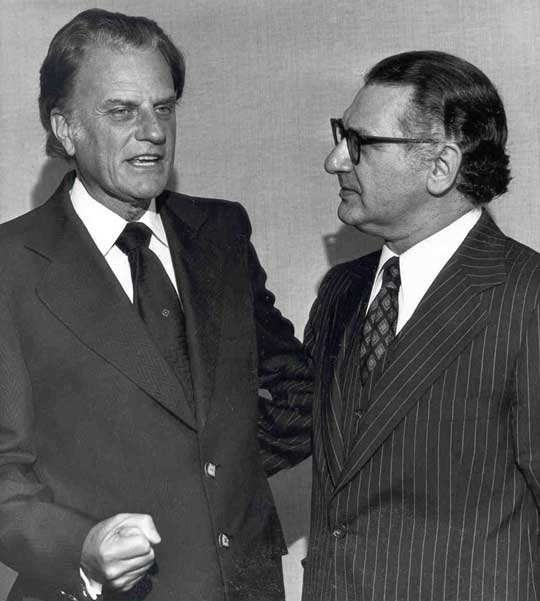
In 2008, neurosurgeon Eben Alexander suffered a case of bacterial meningitis, a disease seen in one in ten million adults each year. It is rare-to-impossible that Alexander survived with no neurological deficit. Even rarer is that he claims that during his comatose week with no brain activity, his soul was getting a personal tour of heaven.
I first heard of his new book Proof of Heaven because Alexander and I share the same literary agent, the firecracker Gail Ross. She gave me a copy when I was in her office a few weeks ago, thinking I would enjoy Alexander's first-person account of his near-death experience and what it taught him about “life after life.”
Let me lay my cards out on the table. Since I am a Christian, I am probably predisposed to enjoy — and, more importantly, give credence to — Alexander's absorbing account. So you are certainly entitled to take what I say here with an entire container of Morton's … but I am going to be thinking about this book for a very long time.
In part that was because this weekend while I read the book something else was happening in our family that functioned as a grim reminder of illness, frailty, and human mortality. My emotions are pretty raw right now. As such I found the book an especially powerful and hopeful reminder that this life is not all there is.

I've not read any other books about NDEs, but I have certainly been aware of the usual tropes of such literature: the dying/dead person proceeds down a dark tunnel toward a white light, where s/he is greeted by deceased family members, learns that heaven is a real and beautiful place, and returns (sometimes reluctantly) to finish out the course of mortal life.
On the surface, Alexander's account is pretty true to the genre as I imagine it. His Vergil is a beautiful young woman who opens up new universes and takes him far into heaven's many layers. God, he says, is “an inky darkness that was also full to brimming with light.” God gives us free will, which
… serves the much higher role of allowing our ascendance in the timeless alternate dimension. Our life down here may seem insignificant, for it is minute in relation to the other lives and other worlds that also crowd the invisible and visible universes. But it is also hugely important, for our role here is to grow toward the Divine, and that growth is closely watched by the beings in the worlds above . . . .
We — the spiritual beings currently inhabiting our evolutionarily developed mortal brains and bodies, the product of the earth and the exigencies of the earth — make the real choices. True thought is not the brain's affair. But we have — in part by the brain itself — been so trained to associate our brains with what we think and who we are that we have lost the ability to realize that we are at all times much more than the physical brains and bodies that do — or should do — our bidding. (p. 84)
In other words, as Yoda put it more succinctly, “luminous beings are we, not this crude matter.”
In the weeks since its publication Proof of Heaven has climbed the bestseller charts and landed its author some major national media spots. (I'd encourage you not to watch any of those segments online until after you've read the book, though, because they give away a marvelous surprise at the end of Alexander's story.)

The book has also brought the skeptics out in droves, including Sam Harris and others. (It doesn't help that Simon & Schuster covered the book almost exactly the same way as Lisa Genova's novel Still Alice, which is about a woman losing her mind. I'm not sure what in the world they were thinking.)
Responding to a recent cover article Alexander wrote for Newsweek, Harris sniffs:
But Alexander’s account is so bad—his reasoning so lazy and tendentious—that it would be beneath notice if not for the fact that it currently disgraces the cover of a major newsmagazine.
Harris then proceeds to dissect (and essentially disembowel) Alexander's claims about the neuroscience of his cerebral cortex shutting down during the coma. Then he provides what he sees as a logical scientific and perfectly natural explanation for what happened to Alexander.
We would expect no less from Harris. We all tend to see what we are predisposed to want to see, which is why I warned you ahead of time that I am likely among the audience of religiously-inclined people who will want to believe this book is true.
But I could not put it down.





